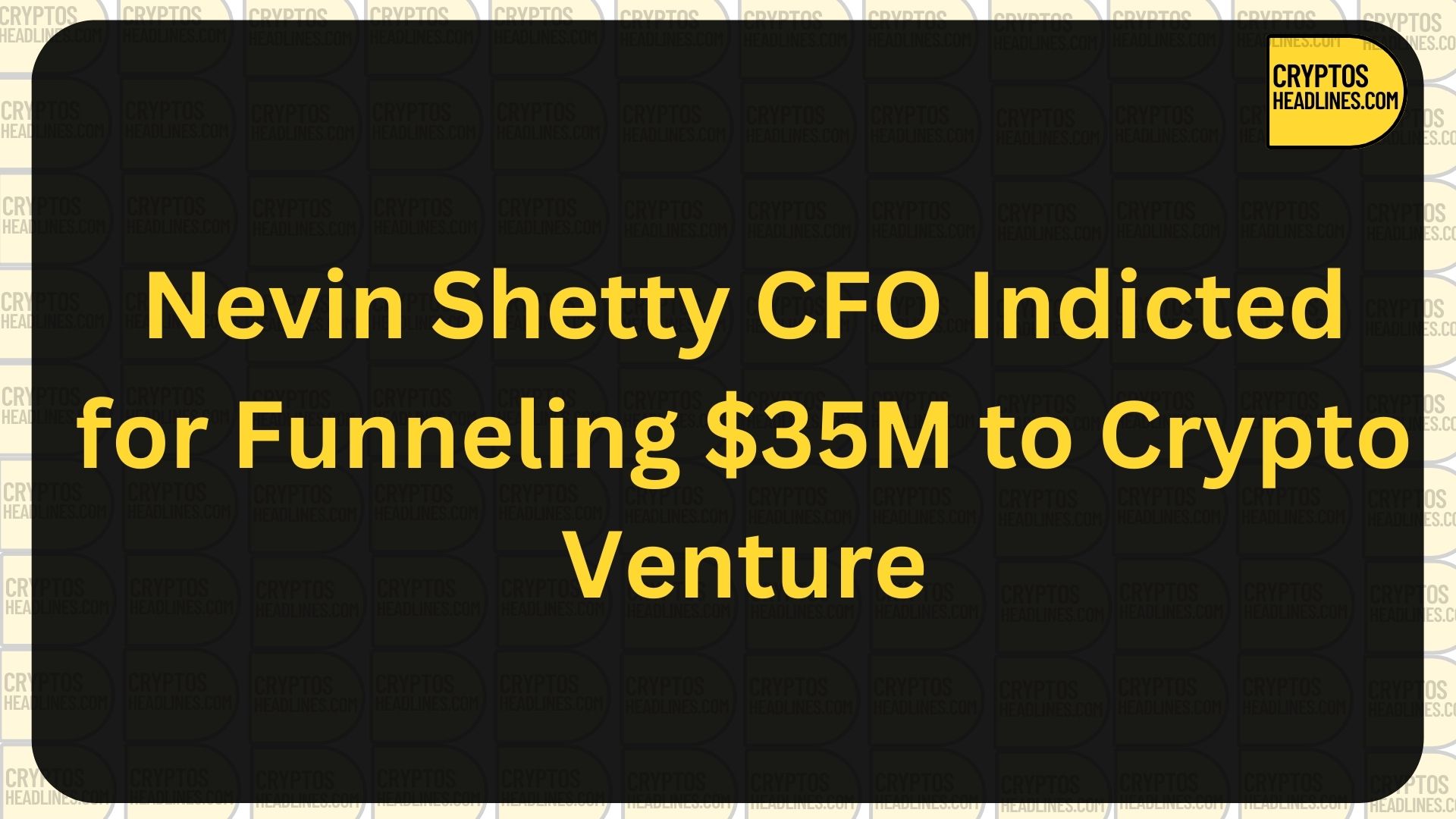If Nevin Shetty is found guilty of wire fraud, he could potentially be sentenced to up to 20 years in prison.
Nevin Shetty, who used to be a Chief Financial Officer (CFO) at a start-up company in Seattle, has been formally accused of wire fraud. The indictment was filed on May 17 in the U.S. District Court in Seattle.
According to the indictment, Nevin Shetty, who is 39 years old, is accused of redirecting around $35 million from the start-up company he worked for to his personal cryptocurrency platform called HighTower Treasury. Shetty allegedly created this platform in February 2022, shortly before learning about his upcoming departure as CFO due to concerns about his job performance.
Between April 1 and April 12, 2022, it is alleged that Shetty transferred a significant amount of $35,000,100 from his employer’s account to a HighTower-linked account, without anyone else at the company being aware. The purpose of this transfer was supposedly for HighTower to invest the funds in the decentralized finance (DeFi) sector of the cryptocurrency market. As part of the arrangement, Shetty’s company would receive a 6% interest rate, while HighTower would keep the remaining interest, potentially resulting in substantial profits.
According to prosecutors, the value of Shetty’s cryptocurrency investments started to decline quickly. By May 13, 2022, the $35 million investment he made had essentially become worthless. Once the start-up company discovered the embezzlement, they immediately reported it to the Federal Bureau of Investigation (FBI), which led to an investigation. If Shetty is found guilty of wire fraud, he could face a maximum prison sentence of 20 years. He is scheduled to be formally charged on May 25, 2023.
Cooper Morgenthau, the former CFO of African Gold Acquisition Corporation (AGAC), has been sentenced to three years in prison for stealing more than $5 million from various special purpose acquisition companies (SPACs). From June 2021 to August 2022, Morgenthau transferred approximately $1.2 million to his personal accounts and used the funds to invest in cryptocurrencies and “meme stocks.” Unfortunately, these investments led to substantial financial losses.
This information is for general knowledge only and should not be considered as advice for investing or making financial decisions.









